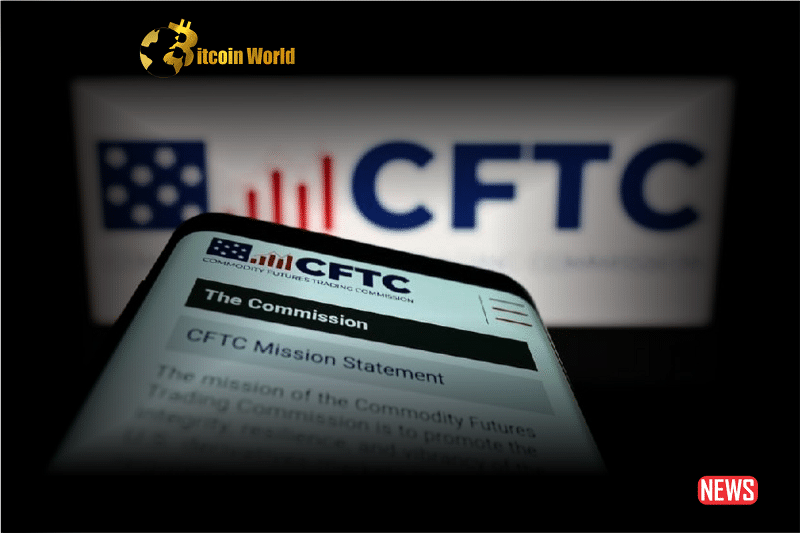The US Commodity Futures Trading Commission (CFTC) has initiated a civil enforcement action against Mosaic Exchange Limited, a Pennsylvania-based firm, and its CEO, Sean Michael. The duo is accused of masterminding a deceptive digital asset commodity ploy, manipulating investors, and misappropriating client funds.
Based on the complaint, the defendants craftily lured 17 domestic and international individuals, persuading them to invest vast sums, notably in Bitcoin (BTC). Contrary to promises, these funds, earmarked for crypto asset trading on behalf of clients, were allegedly siphoned off for the defendants’ gains.
Historical data from February 2019 to June 2021 exposes that the accused provided deceptive information about Mosaic Exchange. They proclaimed Mosaic a formidable cryptocurrency trading hub, boasting significant assets and a proprietary trading algorithm claiming an 82% accuracy rate. Moreover, they tantalized potential investors with alluring profit margins between “20% to 60% per month” and spotlighted purported affiliations with prominent crypto trading platforms.
However, these assertions were grossly misleading. As the complaint pinpoints, Mosaic Exchange’s performance was far from the promotional pitches. The CFTC found that not only did Mosaic generate losses when trading for clients, but it also lacked the professed affiliations with other platforms. Consequently, many customers faced substantial financial losses.
Commissioner Kristin N. Johnson commented on this pressing issue, underscoring the pivotal role of “shielding investors from fraudulent practices” within the burgeoning crypto sector. Citing data from Chainalysis, Johnson emphasized that scams remain the dominant criminal activity in the crypto arena, leading to a staggering $5.9 billion loss last year. Investment fraud, where individuals are enticed with astronomical returns, tops this list.
Significantly, Mosaic Exchange’s dealings extended to digital asset derivatives on platforms such as BitMEX and Binance – entities previously flagged by the CFTC for regulatory transgressions. Johnson advocates that considering such events, the CFTC should ramp up its regulatory efforts to mitigate potential gaps in supervising this evolving market landscape.
To address this, the CFTC aims to enforce multiple corrective measures through litigation, including restitution, asset disgorgement, civil monetary penalties, and enforcing bans, ensuring stricter adherence to the Commodity Exchange Act (CEA) and its regulations.














